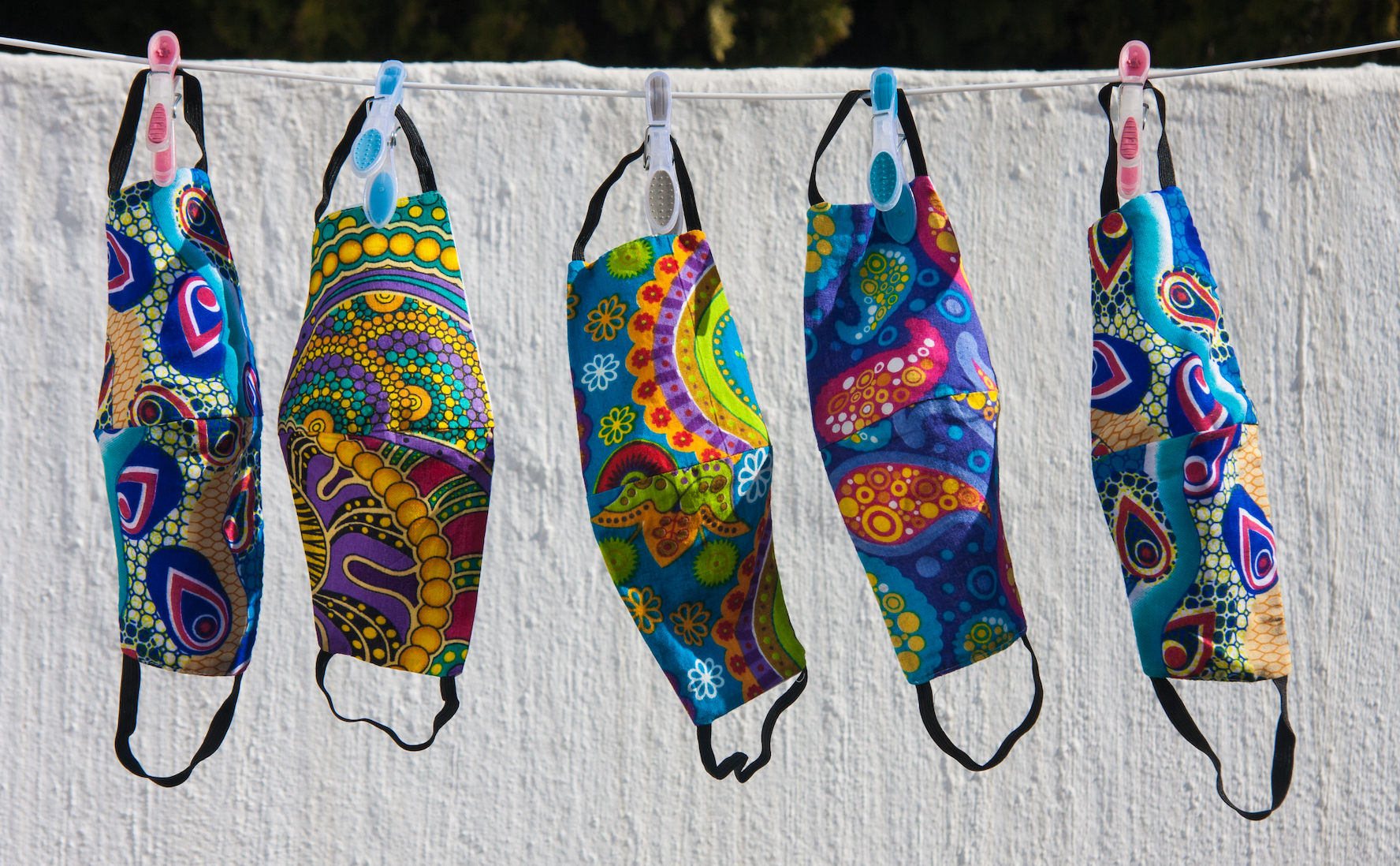A recent study that examined the impact of information sources on Covid-19 vaccine hesitancy in sub-Saharan Africa discovered a strong link between people’s use of various media sources and vaccination resistance.
In 2020, when the pandemic’s impact in Africa was still underestimated, the World Health Organization (WHO) reported that nearly 6000 people were hospitalized worldwide as a result of misinformation about coronavirus.
By then, the organization was working to combat false coronavirus information on social media platforms through the Africa Infodemic Response Alliance.,
According to the study, the prevalence of Covid-19 vaccine hesitancy in the region was 73 percent among social media users, 72 percent among TV viewers, and 42 percent among newspaper readers.

The study was conducted by African researchers from Western Sydney University in Australia; Cape Town and Kwazulu-Natal universities in South Africa and Jos, Benin, and Calabar universities in Nigeria.
It was the first of its kind to demonstrate the impact of information sources on vaccine uptake in sub-Saharan Africa.
It involved 2572 respondents and found that resistance to the Covid-19 vaccines was most common (87 percent) among social media and least common (37 percent) among newspaper readers.
Potential negative effects
Vaccination resistance was also documented in individuals, especially females, who got information about the vaccine from friends and relatives.
In many ways, the spread of the Covid-19 pandemic in sub-Saharan Africa was accompanied by unprecedented and recurring waves of misinformation and disinformation.
This raised serious concerns about safety and potential negative effects, as well as what scientists called an Infodemic, or too much information, including false or misleading information in physical and digital environments.
For many of the study’s respondents, as well as ordinary people in sub-Saharan Africa, television and Facebook were the main sources of up-to-date information about the pandemic.

During its peak period, the pandemic devastated livelihoods in Africa, a continent in which vaccination rates remain low, with only 11 percent of the adult population vaccinated.
At the end of 2022, the Africa CDC reported that roughly a quarter of Africa’s population had been fully vaccinated against Covid-19.
This is worrisome because vaccination remains the most powerful weapon against the virus which continues to mutate.
In October 2022, a WHO analysis indicated that Covid-19 vaccination coverage had stagnated in half of the African countries, while the number of doses administered monthly had declined by over 50 percent between July and September.
Reliable and accurate information
The WHO said although Africa was far from reaching the year-end global target of protecting 70 percent of its population, modest progress had been made in vaccinating high-risk population, particularly the elderly.
The researchers proposed that well-known communication platforms be used to disseminate reliable and accurate information about Covid-19 vaccines and potential pandemics to people in the region, where many myths against vaccines are still circulating.
Regional health experts agree that people’s negative attitudes toward vaccinations, as well as their hesitancy or resistance to vaccines, are a growing public health threat.
As the study indicated, the reliance on television, radio, newspapers, and other traditional news sources to disseminate reliable information can help reduce vaccination resistance.
The researchers proposed that well-known communication platforms be used to disseminate reliable and accurate information about Covid-19 vaccines and potential pandemics to people in the region, where many myths against vaccines are still circulating.
This finding was consistent with a previous study conducted in the United States, which revealed a strong correlation between reliance on traditional news sources and intention to receive the Covid-19 vaccine.
The researchers contended that getting information from healthcare professionals had a positive impact on vaccination intent because, in many cases, it reduced the likelihood of being resistant and hesitant.
They recommended that healthcare organizations and governments in sub-Saharan Africa counteract erroneous information by communicating easy-to-understand messages via social media and public health professionals to lessen vaccine reluctance and increase vaccination against Covid-19.
In many respects, sub-Saharan Africa still has a long way to go before people can completely shun myths surrounding Covid-19 vaccines.
One reason why some people, especially the young, still resist vaccines is because of inadequate information on social media about their safety and efficacy.
